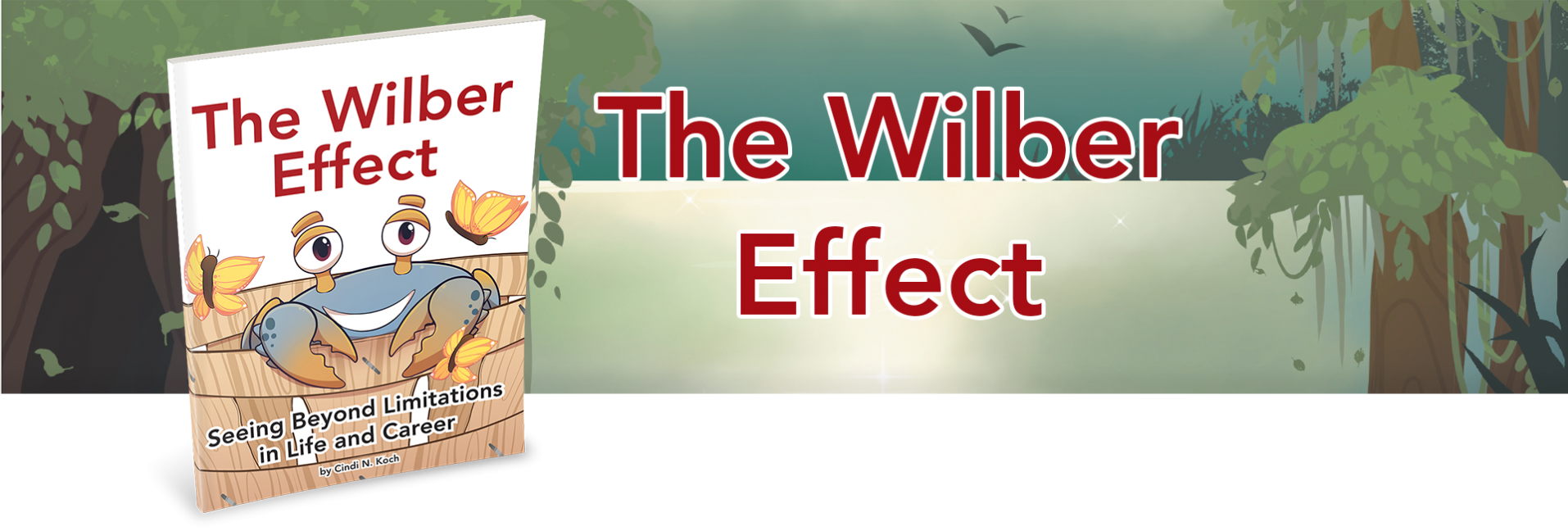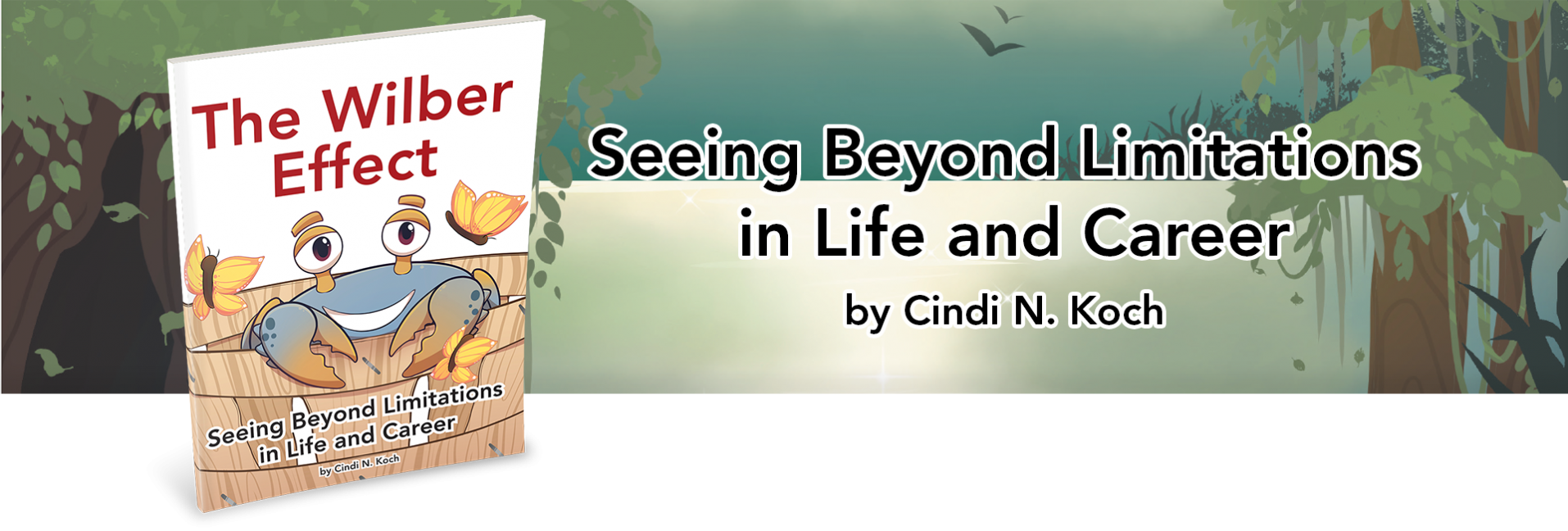“Everything is complicated, if that were not so, life and poetry and everything else would be a bore.” Wallace Stevens
Wallace Stevens was an American modernist poet whom we can reasonably assume, if he were alive today he would not be bored.
Reveling in the complexity of life and payoffs can unearth and untangle any situation you are emotionally attached to.
Learning from poems, movies, books and frankly even gossip is not only possible, but effective. I like this approach so much I wrote a book called “The Wilber Effect”. It is a modern fable featuring a crab named Wilber as the main character. The fable mirrors many of the situations we go through in real life.
The reason Wilber is effective is because you can look at the story without the emotion that would normally be attached. After all it is a story about a family of blue crabs! It is always helpful to hear how a friend or a crab identified and resolved a problem.
Wilber lives with his family in a bayou in Louisiana. He wanted more out of life, however all the other crabs surrounding him did not. They were content where they were and did not see any reason to stretch, explore or CHANGE in any way. But before Wilber’s story in the fable begins, he made some big discoveries about his hidden payoffs that helped propel him into his next steps toward his desires.
First and foremost Wilber loved his family and wanted to please them in all ways. The realization that he would do anything or go along with things he did not align with just to save himself from standing out was his starting point. Why, because his pay off, the what was in it for him, was that he was in the group, not making waves and being accepted meant everything to Wilber. He liked when the other crabs included him. If he talked about wanting more, there was no pay off. They politely and sometimes not so politely asked him to be quiet, stop rocking the traditions of the group. After all they believed they were there for a reason.
‘We survive together’, ‘no one can be a free thinker, it will endanger the group’. They were taught fear from a young age. There was no mystery as to where he heard “stay safe” from. Fear, in the crab’s world was taught as survival, and survival was the only way forward, or so they thought. Safety and or security as the payoff are not a bad thing unless it is thwarting what you really want in your life.
Wilber was still determined to move forward. As exciting and comfortable as it felt for Wilber to move forward creating more, it became obviously that everyone around him was becoming increasingly cranky and uncomfortable with his progress. The more uncomfortable they became, the louder they protested. He recognized he was spending more time away from the crabs he loved and realized that his pay off of “safe” was not going to work for him long term. Even though the other crabs remained happy with their pay off, Wilber’s new pay off of “more” was growing stronger.
In this situation Wilber ultimately worked past his fears. As he grew in his plan and conviction toward his desires, the other crabs around him grew in their ability to see his conviction and determination, not s a threat, but a compliment to their way of life. Spoiler alert… they all figure it out (with more unearthing of payoffs) by the end of the book.
My plan was to write at least three examples of situational awareness of how the pay off effected a person’s choices. However each time I thought of another example, whether it involved money, relationships, career or safety and wellbeing, the bottom line was the same as Wilber’s example.
No one is moving or changing in any new direction until the pay off for the new desire exceeds the lure of keeping things the same.
So keep life intriguing! It is a great time to take on at least one hidden payoff and reveal a story worth celebrating.
Love to all,
Cindi
Recent Posts
Recent Comments
Archives
- July 2022
- June 2022
- May 2022
- April 2022
- March 2022
- December 2021
- November 2021
- October 2021
- September 2021
- July 2021
- June 2021
- May 2021
- April 2021
- March 2021
- February 2021
- January 2021
- December 2020
- November 2020
- October 2020
- September 2020
- August 2020
- July 2020
- June 2020
- May 2020
- April 2020
- March 2020
- May 2019
Categories
About the author
Cindi N. Koch is a licensed massage therapist with more than twenty years of experience and passion in helping people live healthier lives.
Calendar
| M | T | W | T | F | S | S |
|---|---|---|---|---|---|---|
| 1 | 2 | 3 | 4 | 5 | 6 | |
| 7 | 8 | 9 | 10 | 11 | 12 | 13 |
| 14 | 15 | 16 | 17 | 18 | 19 | 20 |
| 21 | 22 | 23 | 24 | 25 | 26 | 27 |
| 28 | 29 | 30 | ||||




